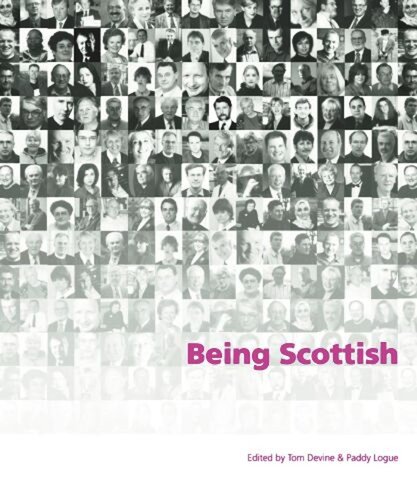

Most ebook files are in PDF format, so you can easily read them using various software such as Foxit Reader or directly on the Google Chrome browser.
Some ebook files are released by publishers in other formats such as .awz, .mobi, .epub, .fb2, etc. You may need to install specific software to read these formats on mobile/PC, such as Calibre.
Please read the tutorial at this link: https://ebookbell.com/faq
We offer FREE conversion to the popular formats you request; however, this may take some time. Therefore, right after payment, please email us, and we will try to provide the service as quickly as possible.
For some exceptional file formats or broken links (if any), please refrain from opening any disputes. Instead, email us first, and we will try to assist within a maximum of 6 hours.
EbookBell Team

4.0
6 reviewsGBS_insertPreviewButtonPopup('ISBN:9781902930367);
The question 'who are we?' continues to perplex many Scots today. The 100 short essays in this book help to expand the debate and provide at least some of the answers. They offer an opportunity to penetrate behind the statistical surveys and explore the rich complexity of changing identity from a varied range of opinion.
The collection includes the views of people at the centre of things as well as those at the margins of society, the famous as well as the not so well known, the authoritative and mainstream as well as the idiosyncratic. It also contains a few views 'from the outside', from North America, Europe and elsewhere.
It examines the concept and experience of being Scottish at this time in history and assesses its relevance, strengths, advantages and weaknesses. It seeks to discover whether there is a special something which makes the Scottish distinctive and immediately recognisable and, if so, attempts to describe it. In short it is a snapshot of Scottish identity or, as seems to the case, the myriad Scottish identities that exist today.
Contemporary events and developments in the British Isles and the world provide the general political and social context of this collection.
These include:
However the contributors succeed in going beyond the social and political context and explore above all what it means personally to be Scottish. The reader may be surprised at the insights contained in this book. Some contributors delve into their personal histories or their sense of place to give meaning to their identities. Others deal in political and cultural realities, and many rely on storytelling, humour and lyricism to approach a tentative sense of identity upwind. Honesty, courage and humour are not lacking in these stories, which give us the chance to reflect on the experience of being Scottish in the opening years of the 21st century.
Includes contributions from: